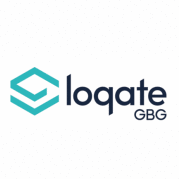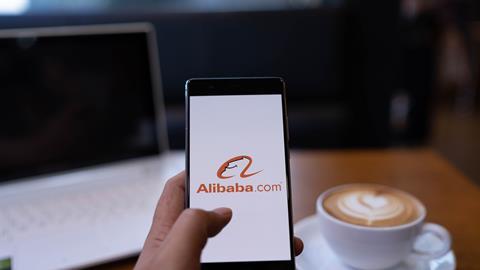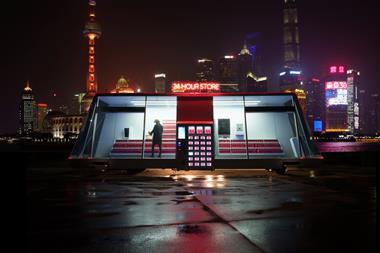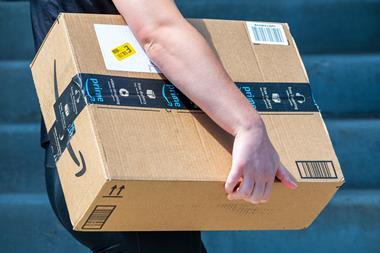While delivering exceptional customer services at every opportunity should be second nature in a home market, what becomes challenging is fulfilling this abroad.
Forrester reports 20% of global ecommerce sales will be made up of cross-border purchases by 2022, and that the adoption of new technologies such as artificial intelligence and demographic changes in markets including China and India have been the key enablers to brands going global.
We at Loqate have partnered with Planet Retail RNG and Retail Week Connect to produce the first ever Loqate International Retail Index, where we have examined the ‘think global, act local’ strategies of the most successful international retailers today.
The top 30 have all taken great care to fully understand their local market and know a one-size-fits-all approach does not work. Local customs, seasonality and even geopolitical events can influence the rise or fall of an international retailer.
Retail on the rise
In established markets in Europe, cross-border retail is on the rise. According to eMarketer, the number of German consumers choosing cross-border ecommerce retailers will rise to 13.6% by the end of 2018. This is evident through the many European brands featured in the index.
A one-size-fits-all approach does not work. Local customs, seasonality and even geopolitical events can influence the rise or fall of an international retailer
Initiatives like the Single Euro Payments Area – which simplifies bank transfers and regulations that prevent geoblocking (the system used to limit your access to the internet based on your geographic location) – have all accelerated cross-border buying.
Whereas in Latin America, low credit card usage and a lack of strong infrastructure and delivery systems in cross-border buying are holding back the growth of digital commerce.
One way to reduce the risk of launching into unknown territories is to investigate marketplaces; even giants such as Costco and Apple are selling on Alibaba’s Tmall. This is reflected in the fact that the top three retailers in the Loqate Index are all marketplace retailers.
For unfamiliar brands, partnering with trusted global retail platforms can be a perfect way to launch internationally. But beware, there are still complexities to consider – such as local shopping culture, tastes and regulations.
Thorough research required
Retailers need to dig deeper to uncover the specific needs of the individual consumer in their new territories. They can do this by not only understanding the local quirks but also by leveraging customer and location data to truly deliver a personal experience.
Creating exceptional experiences both in store and online can be enhanced by smart use of data. A great example of this is Sephora, which has adopted location intelligence to allow customers to reserve makeovers in nearby stores within seconds and crucially without having to contact the store at all.
Creating exceptional experiences both in store and online can be enhanced by smart use of data
Next-day and even same-day delivery capabilities are now achievable through the power of accurate customer data.
A great example is Zalando, which has committed to extending its same-day delivery and return pick-up service for 75% of European customers by 2020.
This has only been achievable through understanding what its international customer wants and combining this with the power of location data.
A unified approach, together with a deep understanding of local markets, really is the secret recipe of successful international retailers.
If you think your business should be featured in the next top 30 international retailers list, please get in touch with Retail Week Connect, Planet Retail or Loqate to be considered for the Loqate Internationalisation Index 2019.

David Green is managing director of location Intelligence, Loqate – a GBG solution




























